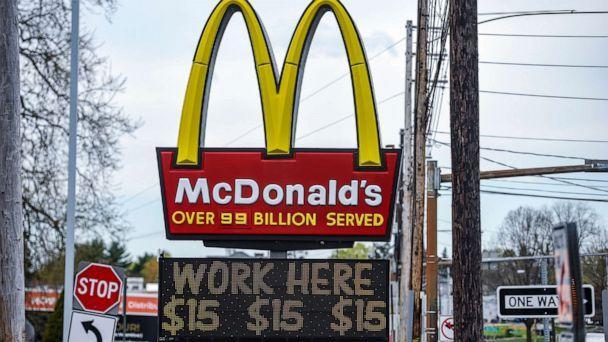Well, Duh

Krugman has come around to a point that lots of us have been making for months. The so-called Great Resignation is actually workers saying they don’t want their bullshit jobs and so are finding other ways to live.
But there’s at least one more possibility (these things aren’t mutually exclusive): The experience of the pandemic may have led many workers to explore opportunities they wouldn’t have looked at previously.
I’d been thinking vaguely along these lines, but Arindrajit Dube, who has been one of my go-to labor economists throughout this pandemic, recently put it very clearly. As he says, there’s considerable evidence that “workers at low-wage jobs [have] historically underestimated how bad their jobs are.” When something — like, say, a deadly pandemic — forces them out of their rut, they realize what they’ve been putting up with. And because they can learn from the experience of other workers, there may be a “quits multiplier” in which the decision of some workers to quit ends up inducing other workers to follow suit.
I like this story, in part because it dovetails with one of the main discoveries of behavioral economics — namely, that people have a strong status quo bias. That is, they tend to keep doing what they were doing even when there might be much better alternatives. Famously, workers are far more likely to enroll in retirement plans when they have to check a box to opt out than when they have to check a box to opt in. Checking that box costs nothing, yet many people will fail to take advantage of a good deal unless enrollment is automatic.
So I can easily believe that there were many workers who should have quit their lousy jobs in, say, 2019, but didn’t because they weren’t really considering the alternatives. And it’s at least possible that the disruptions of the pandemic led to a great rethink.
Of course, we don’t know this. But if that’s part of what’s happening, it’s actually a good thing — a small silver lining to the horrors of Covid-19.
To some extent, I can’t help with my typical eye-rolling about how economists, even the good ones, come to conclusions that are obvious to anyone paying attention to these issues. But it’s also important for the slower parts of academia to get to where they need to go. Krugman is right that there’s lots we don’t know yet–what will happen longer-term of course, but also how people are making ends meet, what kind of economic choices are they making, etc. It is however crystal clear that the pandemic, and the enhanced unemployment benefits that came with it, gave a lot of people both the time and the financial backing to make some different choices in their lives. And they have made said choices, which has gone a long way to give workers more power in the economy than they have had in a very long time. How long it lasts, that’s a different question.


